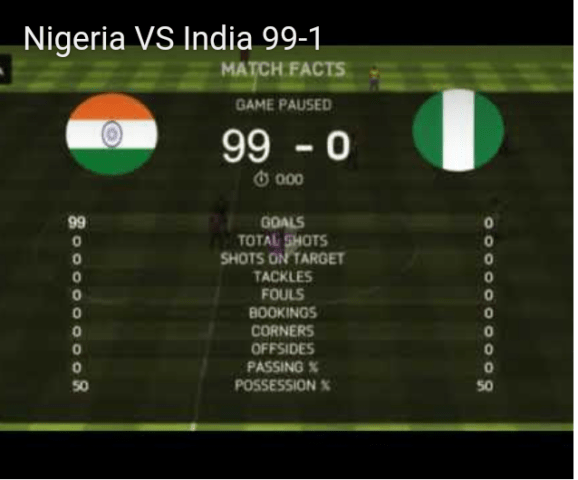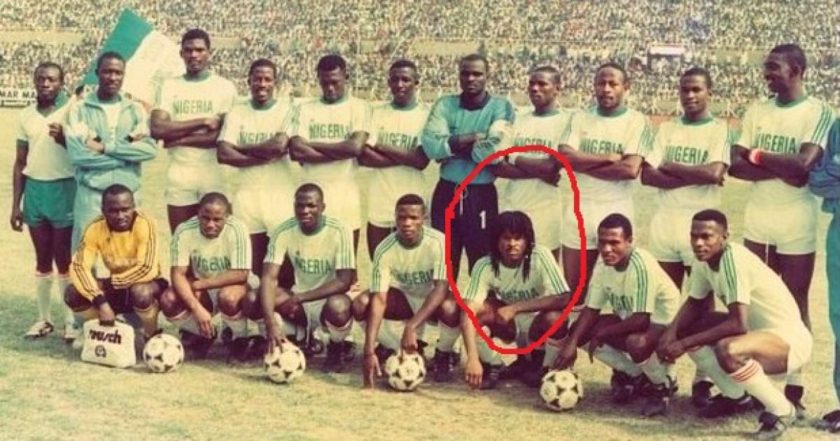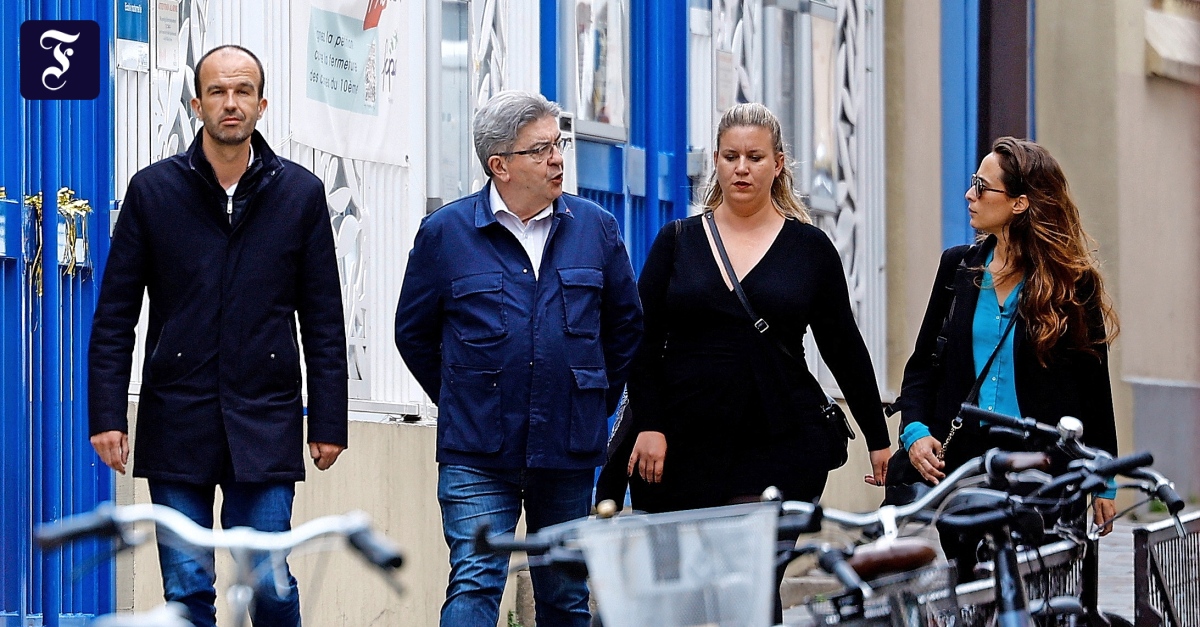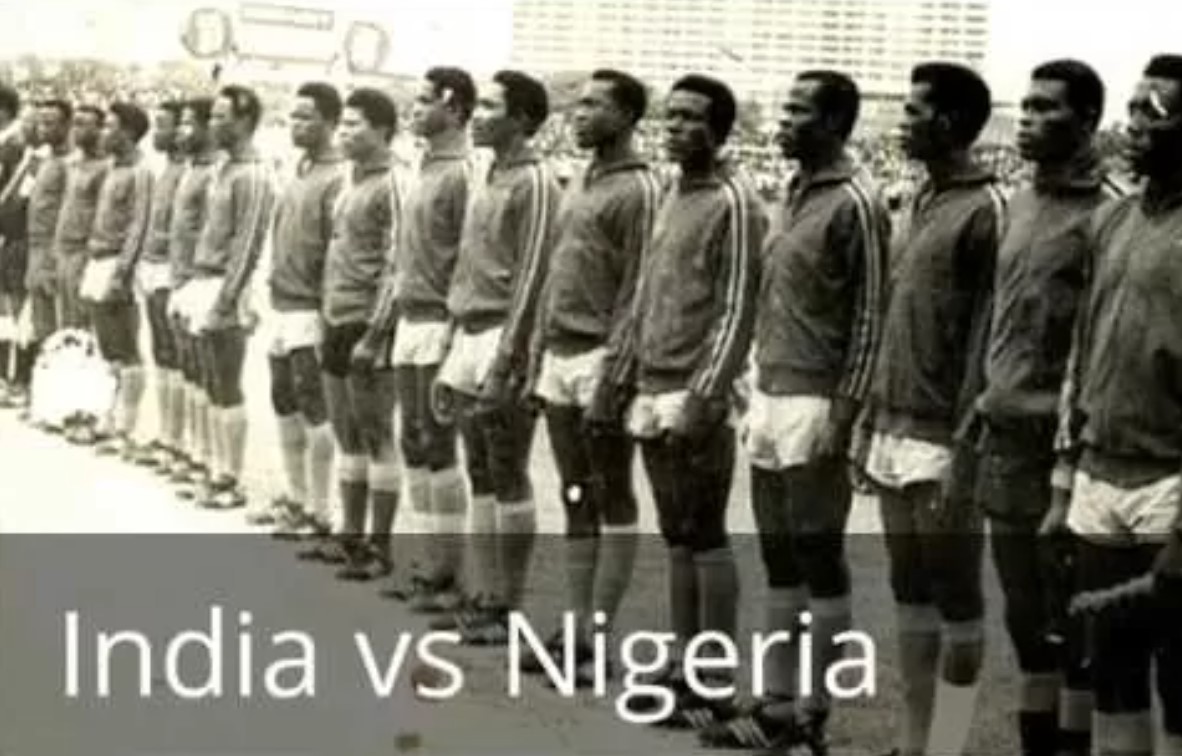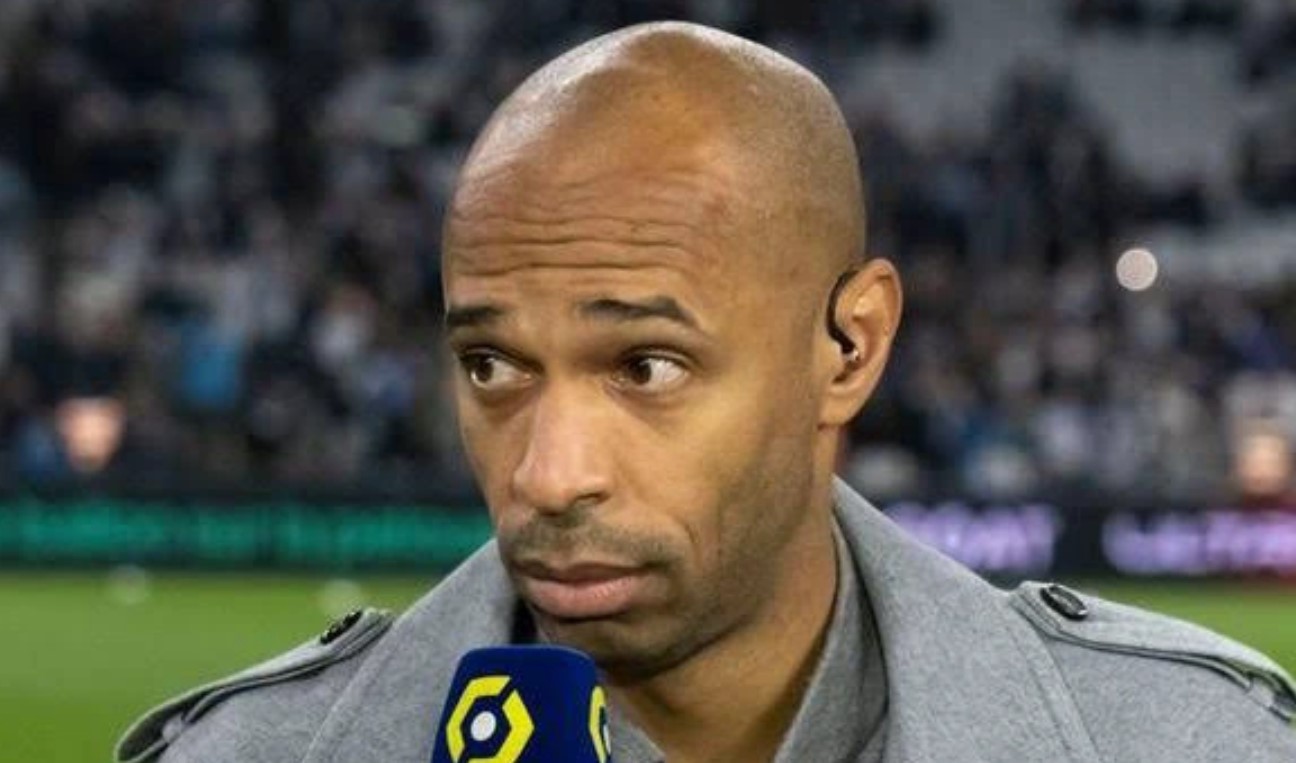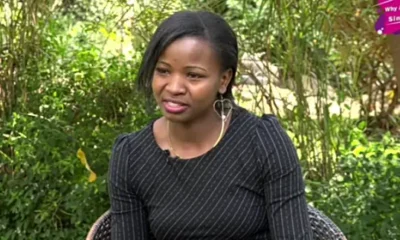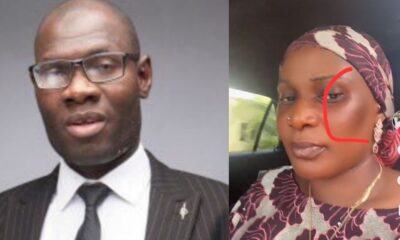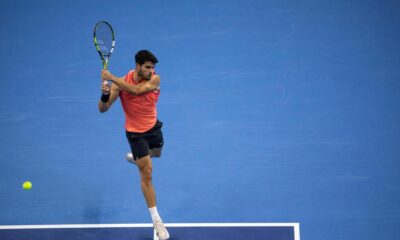Le roi est mort, vive le roi! Gabriel Attal submitted his resignation to the Élysée Palace on Monday. And President Emmanuel Macron immediately asked the 35-year-old prime minister to continue to run the government for the time being “in order to guarantee the stability of France.”
Following the election results, there is a certain sense of relief in the Élysée Palace, even if it is unclear which majority will continue. On the evening of the election, the President announced that he wanted to wait and see how the new parliament was “structured” before making a decision.
The constitution gives the president the task of appointing a prime minister to form a government. In doing so, the head of state must take the majority situation into account. However, after the early elections, this is anything but clear. For the first time since the Fifth Republic, no party alliance comes anywhere close to an absolute majority of 289 seats.
The strongest force is the red-green alliance “New Popular Front” with 182 seats. This is followed by Macron’s alliance with 168 MPs. The Rassemblement National (RN) is entering the National Assembly in alliance with the breakaway Republicans with 143 MPs. In 2017, only eight MPs from Marine Le Pen’s party sat in parliament. Since 2022, there have been 89.
The RN has failed to achieve its goal of a government majority, but the gains are significant. From now on, there are three almost equal blocs. They have replaced the right-left split that existed until 2017 and which previously allowed for orderly changes of power. The majority situation in the parliamentary chamber has never been so undecided.
The balance of power within the left has shifted
Insiders do not expect a new government team to be appointed before the Olympic Games. The National Assembly will hold its first session on July 18. Just one week later, on July 26, the Summer Games will be officially opened with a parade on the Seine.
The Socialist Party leader Olivier Faure has called for a quick agreement on the name of a possible prime minister in the left-wing alliance. The Socialists have emerged stronger from the electoral alliance, which is based on the historical model of the Popular Front against the threat of fascism in the 1930s. In 1936, the Socialist Prime Minister Léon Blum led the Popular Front government.
The new Popular Front is made up of the left-wing party LFI, communists, greens and socialists. It is linked to the so-called NUPES alliance, with which the left succeeded in entering the National Assembly in a stronger position in 2022.
The balance of power has now shifted. The left-wing party LFI has 75 MPs, the Socialists 65, the Greens 33 and the Communists nine. Previously, LFI had 75 MPs, but the Socialists (31) and Greens (23) were significantly weaker.
LFI has also excluded or not nominated several well-known MPs because they had rebelled against the authoritarian leadership of the party’s founder, Jean-Luc Mélenchon. The party’s coordinator, Manuel Bompard, nevertheless claimed the left-wing party’s privilege of choosing the prime minister. It is “republican custom” that the strongest faction chooses the head of government.
The Socialists have a different approach in mind. “Our country is more divided than ever before. We need a master weaver who can put the country back together,” Faure said on the radio station France Info. Faure warned that the red-green coalition must think of the ten million French people who had placed their last hope in the Rassemblement National (RN). “We must bring the villages and the high-rise housing estates together and take their need for security seriously,” said Faure.
“Mélenchon has taught the left to win again”
Green Party leader Marine Tondelier gave a sketch of the future head of government on France Inter radio, who could also come from civil society. He would have to “pacify and repair” the country, agree with the New Popular Front’s program, bring competence and experience, and create consensus. READ FULL STORY HERE>>>CLICK HERE TO CONTINUE READING>>>
The latter was a clear reference to the 72-year-old founder of the Left Party, who was the first to announce his claim to leadership on election night. Mélenchon is known for his choleric outbursts and his authoritarian leadership methods. Both Tondelier and Faure reject him as a possible prime minister.
The former parliamentary group leader of the Left Party, Mathilde Panot, told the radio station RTL that Mélenchon had not disqualified himself as a candidate for the highest government office. “Jean-Luc Mélenchon has taught the Left how to win again. He gave millions of people hope when he won 22 percent in the presidential elections,” said Panot.
The four parties had entered the European election campaign separately and had also argued frequently in the National Assembly over the past two years. After June 9, they drew up a 150-page program in record time that cleared up two foreign policy issues. The Socialists won their way with their demand to condemn Hamas as a terrorist organization. The left-wing party LFI had portrayed Hamas as a “resistance movement” since October 7 and refrained from criticizing it.
The four parties also agreed not to demand peace negotiations from Ukraine, as had been demanded by the Left Party. The program emphasizes “the need to defend Ukraine and peace on the European continent.” Both foreign policy breakthroughs are largely due to the EU’s top candidate, Raphaël Glucksmann, who received 14 percent of the vote with the support of the Socialists. Glucksmann has long warned against Russian imperialism.
He also stands for a clear course in Middle East policy: solidarity with the victims of the Hamas attacks, but also criticism of the actions of the Netanyahu government. Mélenchon is pursuing a completely different course. He woos the predominantly Muslim banlieue youth with pro-Palestinian theses. He suspected intellectuals like Glucksmann of “defending the genocide in Gaza”. When pro-Palestinian students blocked the elite university Sciences Po, he wrote on Platform X: “The youth of Sciences Po are saving France’s honour in the face of genocide.”
In the parliamentary elections, Mélenchon made a pact with the New Anticapitalist Party, which has been accused of glorifying terrorism because it celebrated the “major Hamas offensive,” despite opposition from the other parties in the alliance. When all parties, even the RN, demonstrated against anti-Semitism in Paris last November, Mélenchon’s left-wing party did not take part, ostensibly because the demonstrators did not call for a ceasefire. In his blog at the beginning of June, Mélenchon wrote that anti-Semitism was “a residual item” in France. In doing so, he downplayed the explosive increase in anti-Semitic attacks since October 7.
Expensive election promises
The president of the umbrella organization of Jewish organizations CRIF, Yonathan Arfi, accused Mélenchon of trivializing anti-Semitism. Arfi warned on Monday against the Left Party’s participation in the government. “A coalition with those who have been conducting an anti-Semitic campaign for months is not possible,” said the CRIF president. A key figure in Mélenchon’s course is the EU MP Rima Hassan, who claims the nickname “Lady Gaza.” The left-wing spokesman appeared in front of the cameras alongside the Franco-Palestinian lawyer on the evening after the first round of voting.
Hassan says she grew up in a Palestinian refugee camp in Syria and came to France at the age of ten. After the Hamas attack on October 7, she repeatedly turned the victim narrative on its head. She sees the Palestinians as an oppressed ethnic group with whom the disadvantaged banlieue youth in the French suburbs can identify.
The social and economic policy program of the New Popular Front reads as if France had a huge budget surplus to distribute. The pension reform is to be reversed within two weeks. Socialist leader Faure said on Monday that Macron’s government had decided to raise the retirement age from 62 to 64 using constitutional article 49.3. The same article could also be used to reverse the decision. The procedure according to 49.3 means that a law is considered to have been passed without further voting if the government is not overthrown by a motion of no confidence.
Other plans include raising the minimum wage from 1,400 to 1,600 euros. The wages of the 5.7 million public sector employees are to be raised by ten index points. This would cost almost 20 billion euros. The red-green coalition is counting on additional revenue through heavy taxation of higher earners. The wealth tax, which had been converted into a property tax, is to be reintroduced. Instead of five tax brackets, there will now be 14.
The left-wing alliance is dependent on other parties to form a majority. “I am ready to work with all republican parties in the interests of France and the French,” said Foreign Minister Stéphane Séjourné, who heads the presidential party. The leader of the center-right Mouvement démocrate party, François Bayrou, also signaled his willingness to talk on Monday. “A path is emerging. We must take steps toward each other,” Bayrou said on the radio station France Inter. “The first step is that we recognize each other as partners,” said Bayrou. He does not believe that France is ungovernable.
Related
